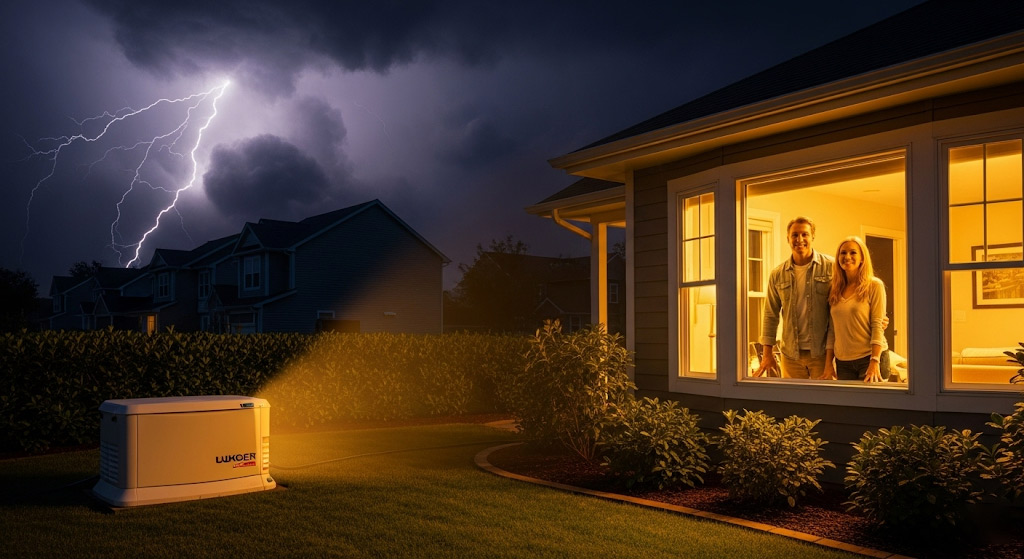Living in Louisiana means being no stranger to powerful storms and hurricane threats, especially during peak hurricane season from June through November. While every storm is different, the need to prepare in advance never changes. Having a solid hurricane preparedness plan can protect your family, home, and peace of mind when severe weather hits.
Below, we’ve put together a detailed guide with crucial tips and a checklist to help you prepare for hurricanes in Louisiana. From emergency candles to clean water, here’s what you need to stay safe and ready.

1. Create an Emergency Supply Kit
Before a storm threatens your area, assemble a hurricane emergency kit that will sustain your household for at least 72 hours without power or access to outside resources. Include:
- Bottled water: At least one gallon per person per day for drinking and sanitation
- Non-perishable food: Canned goods, protein bars, nuts, baby food if needed
- Manual can opener
- Emergency candles and matches/lighters
- Flashlights with extra batteries
- Portable phone charger (fully charged)
- First aid kit
- Moist towelettes, hand sanitizer, and garbage bags
- Battery-powered or hand-crank radio (NOAA Weather Radio preferred)
- Personal hygiene items (toothpaste, soap, feminine products)
- Prescription medications and essential medical devices
- Copies of personal documents (ID, insurance, medical records)
- Cash (ATMs and card readers may be unavailable if the power is out)
2. Prepare Your Home for Strong Winds and Flooding
Hurricanes often bring damaging winds and torrential rain. Minimize the risk of structural damage and flooding by securing your property:
- Trim trees and remove loose branches that could become projectiles
- Secure outdoor furniture and décor
- Clear gutters and downspouts to ensure proper drainage
- Install storm shutters or board up windows
- Place sandbags around doors or low-lying entry points in flood-prone areas
- Test and fuel up your generator if you have one
3. Know Your Evacuation Plan
Some parishes in Louisiana may issue mandatory evacuation orders in advance of a hurricane. Know your community’s emergency plans and:
- Map out your evacuation routes
- Identify local shelters or safe destinations
- Plan for pets, including carriers, food, and documents
- Keep your vehicle’s gas tank at least half full during hurricane season
- Have a go-bag ready with essential documents, clothes, medications, and your emergency kit
4. Stay Informed Before, During, and After the Storm
Keep track of weather updates through local news, weather apps, and the National Hurricane Center. During a storm, power and internet may go out – so a battery-powered or hand-crank radio is key to receiving alerts.
Familiarize yourself with these alert types:
- Watch: Conditions are possible—get prepared
- Warning: Conditions are expected—take action immediately
- Sign up for your parish’s emergency alert system if available, and follow official guidance.
5. After the Storm: Safety First
Once the storm passes, it’s important to remain cautious:
- Avoid floodwaters—they can be contaminated or hide electrical hazards
- Do not use candles near gas leaks or damaged wiring
- Use generators only outdoors, at least 20 feet away from your home
- Inspect your home carefully for structural damage before re-entering
- Take photos of any damage for insurance claims
Be Ready, Stay Safe
Hurricanes can be unpredictable, but your preparation doesn’t have to be. By gathering supplies early, securing your home, and staying informed, you’ll be ready to act quickly and confidently when the next storm approaches.
Natal’s Air Conditioning, Plumbing & Electrical. Service Honoring the Golden Rule in North Shore and South Shore communities.
